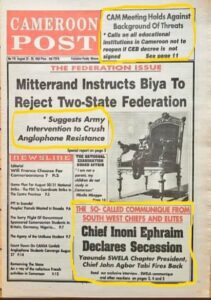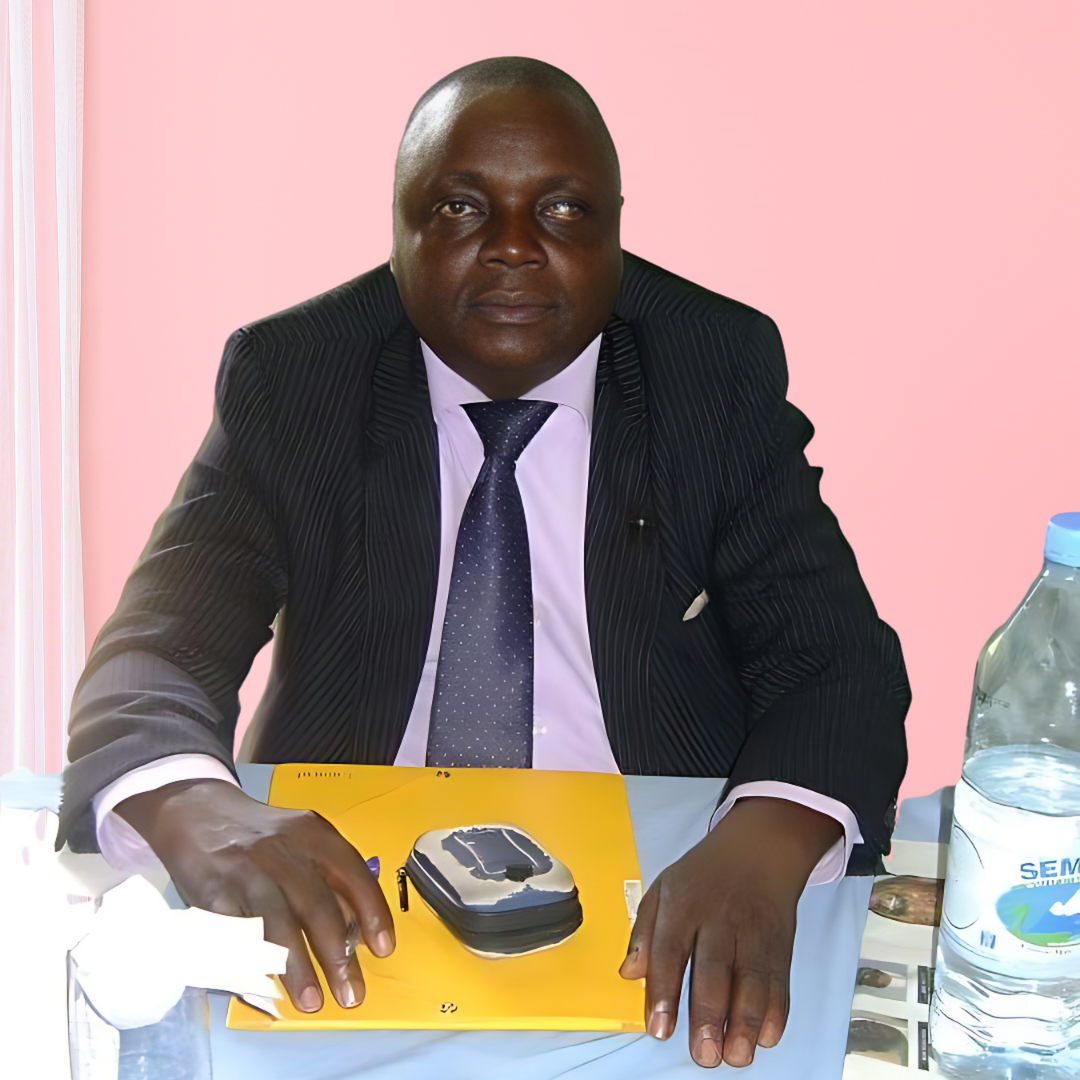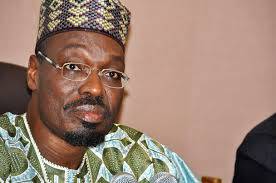A CALL FOR CONCERN
What’s happening in LRC, plus the geographical space that’s rightly SC/Ambazonia, annexed by LRC is a collective natural response of a cursed people on both sides of the aisle.
Let me explain in plain words.
For over four decades, Paul Biya has ruled Cameroon with an iron grip, his name woven into the fabric of everyday life, his young face a fixture on government offices and buildings, banknotes of yesteryears and state television his daily propaganda mill
At 93, after 43 years in power, common sense would suggest that the time for transition has long passed. And yet, as the 2025 elections approach, the same chorus of voices, party loyalists, civil servants, and even hopeless prisoners languishing in his jails and dungeons- rise in unison, urging him to run again. The troubling question is not why Biya clings to power, but why so many, even among the educated, the oppressed, and those who should demand change, continue to lend their voices to his rule.
We have to look deeper within society.
The answer lies in the intricate psychology of control, how a nation, held in a tight fist for so long, can lose the ability to imagine life without its ruler.
It begins with fear of the unknown.
For the majority millions of Cameroonians, Biya is the only president they have ever known. His rule has outlived generations, and with it, the belief that change is possible has withered.
Let me get down on this with some basic quantitative stuff…
When Paul Biya took power in 1982, Cameroon had a population of about 10.3 million people.
Today, in 2024, that number has nearly tripled to around 28 million. But despite this explosive growth, the vast majority of Cameroonians have never known another leader or system apart from the Biya Institute.
Given Camerooun’s life expectancy of around 60 years and its youth-heavy population, we can estimate how many people from 1982 are still alive today.
Those who were at least 10 years old in 1982, born in 1972 or earlier, would be 52 or older today.
Many from this group, especially those born before 1960, may no longer be alive. Meanwhile, more than 60% of today’s population is under 25, meaning they were born long after Biya took office.
From these numbers, a reasonable estimate is that only about 25–30% of Cameroonians today (roughly 7 to 8.5 million people) were already alive when Biya became president. That means an overwhelming 70–75% of the country has lived their entire lives under his rule.
For them, Biya is not just a leader, he’s a king if not a deity. This has psychological implications not seen by the common eye.
There seem to be no alternatives from the massive response from Cameroounians across the board, and with the absence of clear political alternatives, the idea of his departure feels more like a leap into darkness than a step toward liberation.
Who comes next?
What happens when he is gone?
Will the country spiral into chaos?
These are not just theoretical fears; they are manufactured anxieties, deliberately nurtured by a regime that has built its legitimacy on the premise that Biya alone guarantees stability.
Paradoxically, that’s what is going to happen. The fabric of Camerooun hides sinister and silent forces.
Beyond fear, there is learned helplessness, the slow psychological erosion that occurs when resistance proves futile. After decades of repression, crackdowns, and the imprisonment of opposition figures, a silent lesson has settled into the national consciousness: challenging the system leads to suffering. Ayah Paul is a good and recent example … he was Anglophobe, thus it did not really register in the mainstream Francophone media… of any, it was one prominent SC/Ambazonian dead.
People adapt, not because they approve, but because they have seen what happens to those who do not. Even the most educated minds, those trained to analyze, question, and resist, often find themselves bending under the weight of political reality. Survival, not principle, becomes the guiding force. That’s the fate of our intelligensia within the system, who prove that loyalty is not just about fear; it is also about patronage and survival.
Civil servants, ministers, military officials, and businessmen have built their careers on their proximity to power.
In Cameroon’s economy, where the state is the primary employer and opportunities are rationed through political allegiance, aligning with Biya is not just a choice; it is a necessity.
To oppose him is to risk not only one’s job but one’s place in society, one’s security, one’s future.
Even prisoners, those most brutalized by the state, understand this logic. In a country where freedom is a currency traded for obedience, even the jailed may find themselves whispering words of support in the hope that compliance will earn them clemency.
Yet perhaps the most insidious force at play is the illusion of public consensus.
The regime does not merely rule by force; it manufactures reality. State-controlled media, orchestrated rallies, and public declarations of support create a carefully curated image of a nation that still wants Biya. Dissenting voices are not just silenced; they are made invisible, erased from the collective narrative so that opposition itself appears marginal, even futile.
In such a world, conformity becomes not just an act of self-preservation but an unconscious habit, a reflex born of years spent navigating a political landscape where stepping out of line has consequences.
Over time, something deeper takes root, a kind of political Stockholm Syndrome, where prolonged submission breeds a strange, reluctant attachment to the oppressor.
When a ruler stays long enough, when his presence becomes as predictable as the seasons, the mind begins to mistake endurance for necessity.
The idea of his removal becomes unsettling, even for those who suffer under his rule. Better the familiar devil than the unpredictable, unknown angel.
Paul Biya at 93, after 43 years in  power, time for transition.
power, time for transition.






